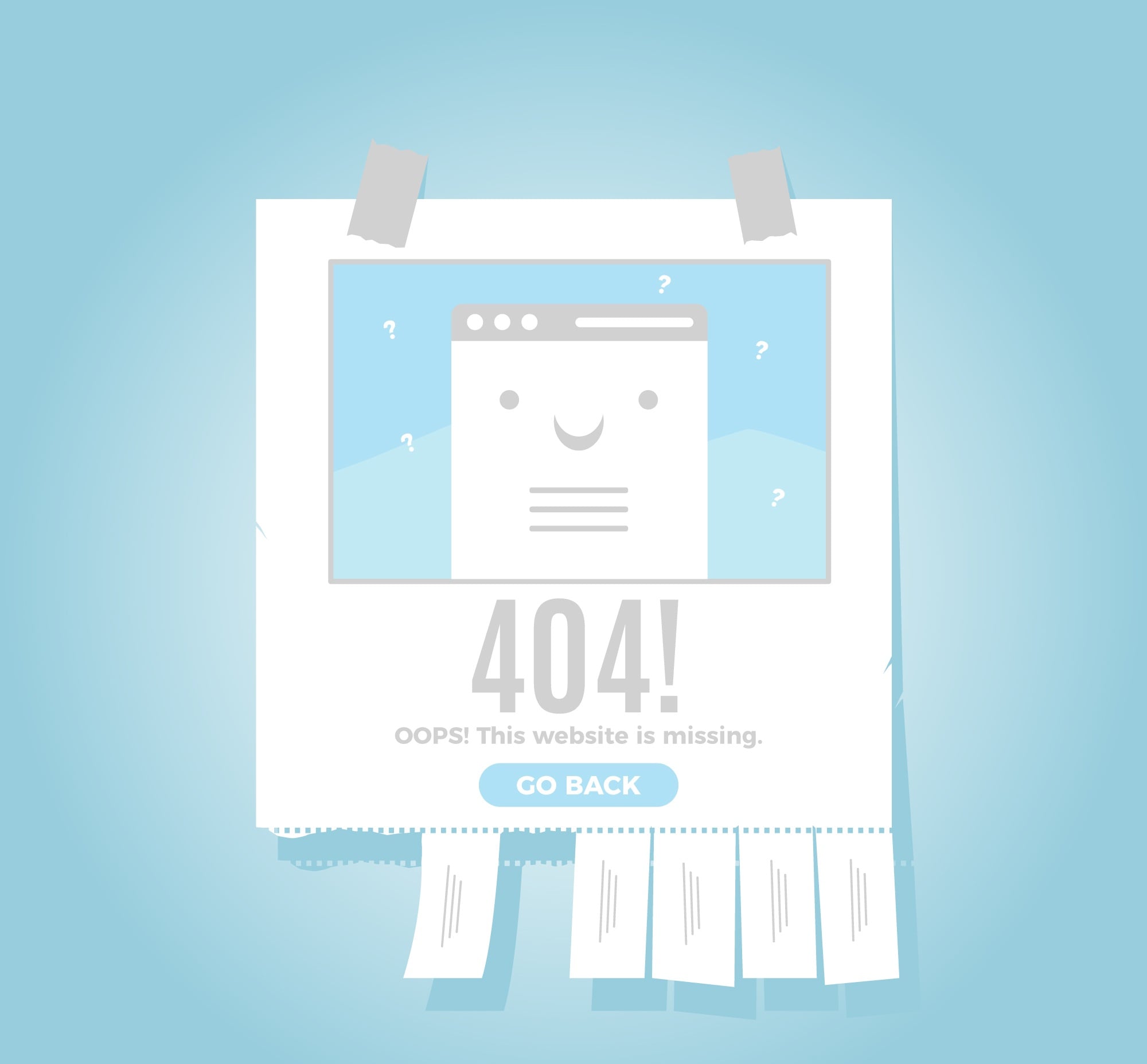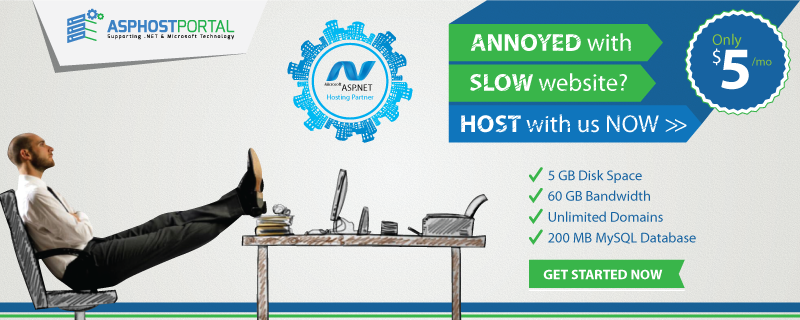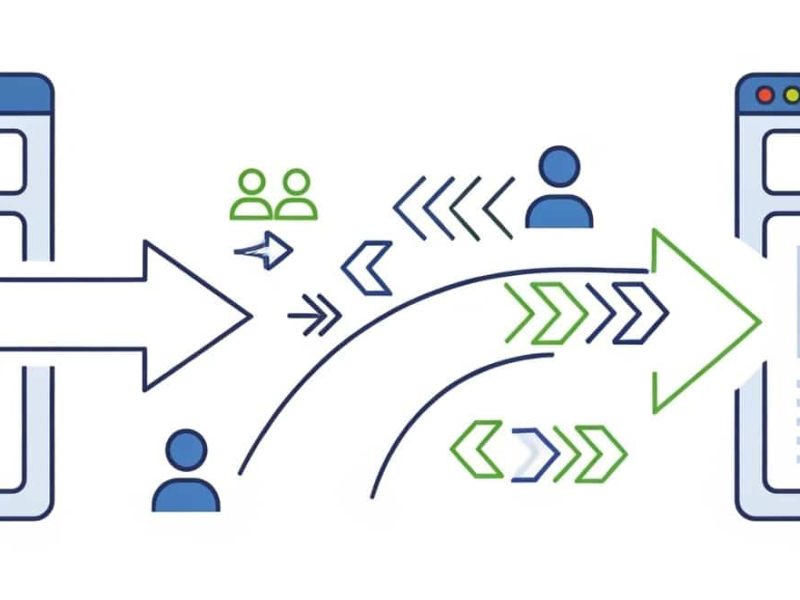Everyone has heard that downtime can be disastrous. Your business is losing money every minute that your website is down. However, there are additional repercussions to consider, such as harm to one’s reputation, decline in search engine rankings, and decreased productivity.
The good news is that, with the right hosting provider, you can easily avoid downtimes. We’re here to assist you with that as well.
This post will explain why dependable web hosting services are critical to the long-term success of your projects and analyze the actual cost of downtime.
Overview of Unpredictability and Reliable Hosting
A website outage can be anywhere from a few seconds to several days in length.
There are various kinds of downtime that are typical:
- Server – the worst-case situation because websites’ servers are their foundation.
- System – has an impact on the program that you used to create your website. It will still result in a number of problems, but not as many as server outages.
- Planned – planned by your hosting provider to carry out updates or address problems; the supplier will notify you ahead of time of the planned outage.
- Unplanned – when a server or system unexpectedly crashes.

Consumers typically anticipate a website to load in three seconds, and when it doesn’t, for whatever reason, there may be unfavorable outcomes. Direct revenue loss is the first and most evident one.
For e-commerce businesses in particular, every minute your site is down means you’re losing money. But that’s not all there is to the problem. Numerous additional factors are included in the true cost of downtime.
Productivity and Employee Costs
Employee inactivity is a major drawback of unscheduled timeouts, which not many people are aware of. Many employees can’t do their jobs well if they don’t have access to their apps and databases.
An avalanche effect results, with projects missing deadlines, partners and customers becoming unhappy, employees becoming stressed, etc. The entire workflow is disrupted as a result.
As a business owner, you continue to pay employees’ wages even when you don’t get the same output. Therefore, the longer it takes for the problem to be fixed, the more money you will lose.
Client Satisfaction and Credibility
Bad customer experiences have consequences that go beyond the minor annoyance. A drop in customer retention may result from losing customers’ trust as a result of regular or extended outages. To handle complaints, you will also need to reallocate resources, which can further impede workflow.

However, losing business to the competition is only one problem. These days, negative experiences can be spread via social media and reach a large audience that was previously unaware of your company. Over time, that will damage your reputation.
SEO and Search Ranking Effects
Downtime affects not only your existing clientele but also your online presence. Websites that are not accessible are penalized by search engines like Google, which lowers their ranks and causes them to lose organic traffic. Your site may even be taken out of the search engine’s index if it is unavailable for an extended period of time.
The reason for that is crawlers. They come to your site to look through the content and add it to directories like Google Index. In this manner, it can be ranked and displayed in response to search terms.
Should your website be momentarily down, the crawler will come back to it later. The search engine robot will try several times before giving up, but once you’re deindexed, you’ll have to start over. In general, growing businesses risk severe consequences due to a lack of visibility.
Disruption of Ad Campaigns
Downtime on your website can ruin all of your marketing efforts. It won’t really matter how much money you spend promoting your company or a new product if your website is down. It resembles tossing money into thin air.
A common way for people to make money on the internet is by posting advertisements, especially for bloggers. They cannot make any money if no one can see them due to the frequent outages of the website. Their reputation may suffer as a result, and other companies might decline to work with them in the future.
Risks to Reputation and Data
Hackers can destroy your company website in a number of ways, which will damage your brand. DDoS (Distributed Denial of Service) attacks, for instance, attempt to bring your server offline by flooding your website with traffic. Even though they don’t actually steal any data, the site’s inactivity has negative effects nonetheless.
Downtimes also increase the vulnerability of your data. This is an additional justification for why dependable hosting is crucial: you must pick a supplier with stringent guidelines that protect the information of both you and your clients. If any kind of information leaks, it will ruin your reputation forever, so you should also get security apps for yourself.
Industry-Specific Implications
Industries are affected differently by downtime.
When a website crashes, the following people are most affected:
- Ecommerce – If customers are unable to access your store, particularly on busy shopping days like Black Friday, you could lose millions of dollars in revenue. Additionally, if your website crashes while a customer is completing a purchase, it results in increased cart abandonment rates and diminished customer confidence.
- Finance – You will lose money and clients if visitors are unable to access their data or complete their payments as a result of transaction failures.
- Healthcare – Crashing a website could prevent patients from being identified, interfere with hospital operations, and make information less accessible.
- Media – People use media websites to obtain information quickly; if you are unable to meet their needs, they will go to your competitors.
- Manufacturing – Most manufacturing processes can be hampered by downtime, which can cost companies up to 20% in lost production and significantly more in personnel expenses.
Regretfully, no industry or specialty is secure. For this reason, you must pick a trustworthy supplier and make a strategy to reduce downtime to the lowest feasible level.
Avoiding Losses from Unavailable Time
While there are many things you and your hosting company can do to avoid outages, there are some situations in which neither of you can take action. For this reason, you need a successful plan in place to reduce losses in the worst-case situation.
Assessing the Reliability of Hosting Companies
Selecting a trustworthy hosting company now can spare you a great deal of trouble later on. Uptime guarantees should be the first feature you search for. Although it is not possible for vendors to attain 100%, you ought to strive for one that has at least 99.9%.
Beyond that, you ought to think about the customer service, scalability, and track record of the supplier. Scalability is important because one of the main causes of website outages is traffic spikes.
Your website should be able to expand along with your viewership. Not to mention, search for a supplier that provides round-the-clock assistance. Quick action from knowledgeable experts can have a significant impact on your company.
Backup and Disaster Recovery Strategies
Tons of data, including HTML files, scripts, photos, videos, and more, are found on websites. Unexpected crashes can result in the loss of important data as well as money. This problem will be resolved with a data backup, which will enable you to quickly return your system to its pre-problem state.
Reputable vendors provide daily offsite backups for precisely this reason. A backup server in a different data center will house your data. The good news is that if you go with a managed VPS service, the assigned staff will take care of everything, so you won’t really need to do anything.
What you can do, though, is plan and carry out backups manually. Think about the data that requires regular backups and the storage location for it. Once the start and finish times are set, you can proceed.
Additionally, there are various disaster recovery and backup plans that you should familiarize yourself with. After you’ve developed a sound plan, don’t forget to test and confirm your backups to make sure your data is safe.
Managed VPS Hosting to Guarantee Uptime
Regardless of the industry, managed VPS hosting offers a host of advantages for your company, provided that uptime is your top priority—which it should be.
The most apparent is adaptability. The dedicated resources you get ensure performance, but when the time comes, you can easily add more CPU cores, RAM, and storage. That helps when your website starts to grow and during periods of high traffic.
Additionally, the support staff will monitor your resources and alert you when it’s time to expand. They are also in charge of setting up your server to run your website as efficiently as possible. Furthermore, trustworthy hosts include daily offsite backups in their packages. This implies that you can easily revert your website to an earlier version in the unlikely event that you lose your data.
Not to mention, advanced security is included with managed VPS packages. Put differently, you receive the best defense possible against online threats like denial-of-service attacks (DDoS) that try to take down your website.
Implementing Redundancy and Failover
Having multiple servers store and process the same content is known as redundancy. That way, the other servers can take over in the event that one fails.
There are various tactics that you can employ:
- Failover – When the primary web server goes down, you can switch to a backup server manually or automatically, depending on how you have it configured.
- Load clustering – Because all of the servers that are available are grouped together in a cluster and handle services concurrently, your service will continue to function even if one of them goes down.
- RAID (Redundant Array of Independent Disks) – a fault tolerance solution that is installed on a server and provides redundancy and fault tolerance.
- Load balancing feature – divides traffic from a website between two or more servers that are hosting the same content in order to avoid outages.
- High availability tools – employ redundant infrastructure configurations and failover techniques to ensure continuous service availability.
Utilizing ASPHostPortal to Prevent Downtime

ASPHostPortal has been in the hosting industry for over decade. We are aware that downtime costs companies a great deal. Our servers and cloud configurations are therefore designed to be dependable, with a 99.9% uptime guarantee.
With flexibility in mind, we designed our managed VPS packages so you can tailor your server to meet your specific requirements.

You will also receive daily offsite backups when you subscribe to one of our plans. In the event of a catastrophe, you will be able to recover files, emails, and databases in this manner. Your information will be kept on a different server, ensuring that it can always be restored.
Additionally, our staff will be monitoring your server and its resources. If your website is in danger or needs to be scaled up, you will be alerted right away. For any hosting-related inquiries, you can reach ASPHostPortal around-the-clock.
Bottom Line
The immediate financial losses are not the only expense associated with downtime. It could have an impact on a company’s long-term survival, reputation, and customer trust. Purchasing from a reputable hosting company is therefore essential. It ensures that you won’t risk your project and that you won’t experience long-term crashes.
Choose a vendor who takes security seriously, provides regular offsite backups, and has a friendly support staff. Additionally, you’ll need to put in some effort to automate the backup process, prepare disaster recovery plans, and keep an eye on how you’re using your resources. Ultimately, you will be making an investment in the continuity of your business.
In order to meet a variety of business needs, ASPHostPortal offers sophisticated and reliable hosting solutions as well as application delivery capabilities to guarantee the best possible service levels for applications in virtual, cloud, and software-defined data centers.
Our fully featured hosting already includes
- Easy setup
- 24/7/365 technical support
- Top level speed and security
- Super cache server performance to increase your website speed
- Top 9 data centers across the world that you can choose.

Yury Sobolev is Full Stack Software Developer by passion and profession working on Microsoft ASP.NET Core. Also he has hands-on experience on working with Angular, Backbone, React, ASP.NET Core Web API, Restful Web Services, WCF, SQL Server.




